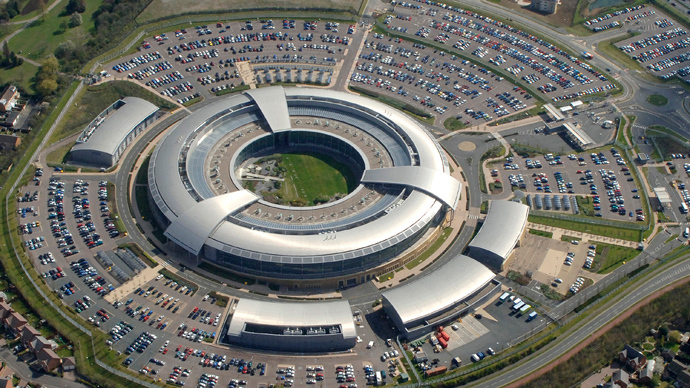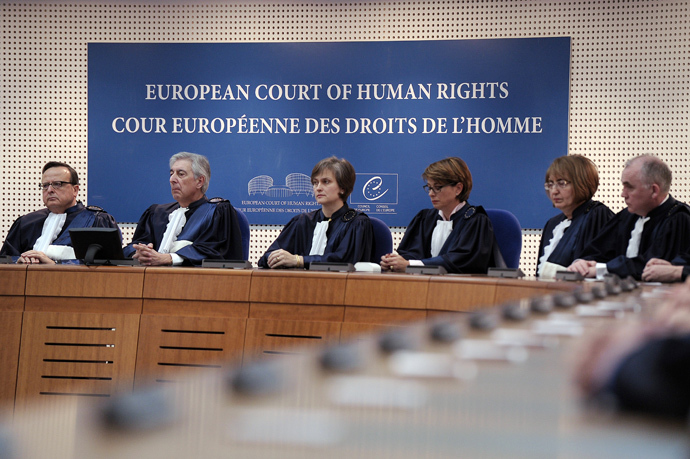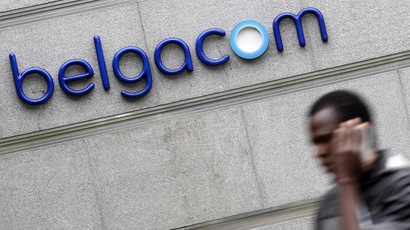Privacy advocates vs. GCHQ: Groups launch EU court case against spy agency

Three leading civil rights groups have filed a case against the UK spy agency, GCHQ, at the European Court of Human Rights over its surveillance methods, after being denied the chance to challenge its practices in an open court in Britain.
UK’s Big Brother Watch, English PEN and Open Rights Group has
joined forces with well-known German legal activist Constanze
Kurz, accusing the Government Communications Headquarters of
violating the European Convention of Human Rights. Article 8 of
the Convention guarantees European citizens the right to a
private family life.
“The laws governing how internet data is accessed were written
when barely anyone had broadband access and were intended to
cover old fashioned copper telephone lines,” said a statement
from Big Brother Watch.
“Parliament did not envisage or intend those laws to permit scooping up details of every communication we send, including content, so it’s absolutely right that GCHQ is held accountable in the courts for its actions.”
In line with the data revealed by whistleblower Edward Snowden earlier this year, the group, which has united under the umbrella name Privacy not Prism, says that the UK government has the capacity to collect “more than 21 petabytes of data a day – equivalent to sending all the information in all the books in the British Library 192 times every 24 hours.”

The information is collected by hacking into the undersea cables
that connect Britain and the United States under a program called
Tempora, and is freely shared with intelligence agencies in
Washington (PRISM is the US counterpart of the program). The data
includes all private communication conducted through the
internet.
GCHQ insists that all of its activities are legal under the
Regulation of Investigatory Powers Act (Ripa), which was passed
back in 2000, and has been cleared by the UK’s Intelligence and
Security Committee.
The group had originally planned to challenge the legislation in
the UK courts, but was told by the government in July that its
only domestic option was a complaint filed with the Investigator
Powers Tribunal. The tribunal hears sensitive cases in secret
before coming to its decision, and does not have to provide a
legal justification for its rulings. If a judgment of the
tribunal is rejected, there is no recourse to appeal in a civil
court.
One non-profit, Privacy International, has gone down that route,
while Privacy not Prism hope to achieve a change to UK law
through the highest court available to it. The plaintiffs hope
that the case will result in “new laws that require
surveillance to be proportionate; to be overseen by judicial
authorities acting in public; that permit notification of persons
affected by surveillance (even if after the fact); that are
overseen by adequately resourced and empowered regulators.”
The European Court of Human Rights receives over 50,000
complaints annually, and it’s customary for cases to take a year
to be heard, and a ruling returned.














